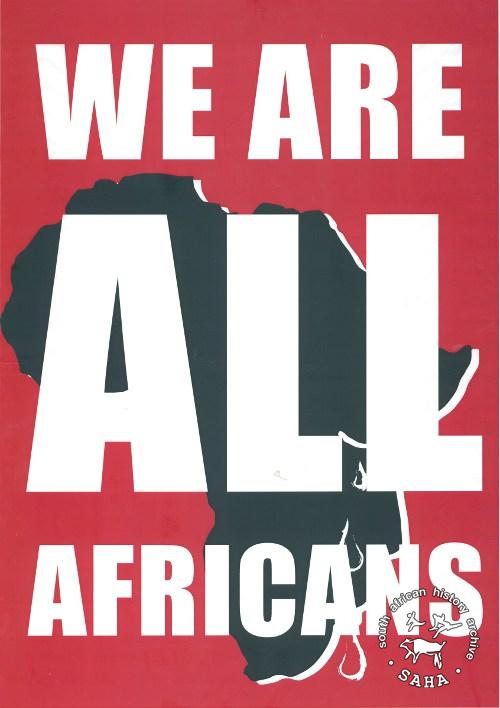|
28 September 2018
Layered Histories and Contested Heritage

Originally established through the Public Holidays Bill presented to the South African Parliament, Heritage Day as it is now known was a day that was formerly celebrated as Shaka day in KwaZulu-Natal as a way of commemorating the legendary Zulu leader, Shaka. Coinciding with the cultural flowering that accompanied the post-apartheid moment in the early 1990s, the newly constituted ‘rainbow nation’ of South Africa needed to be anchored in a unified vision of a new democratic future and thus commemorated as such, and in this way Shaka day gave way to Heritage Day in celebration of the diverse cultures in South Africa.
Forming part of the many new commemorative days in the arsenal of invoking national memory and nation building, the shift to renaming a commemorative day also alludes to the way in which heritage is constructed. In her 2006 text, Uses of Heritage, Laurajane Smith wrote, “There is, really no such thing as heritage’ (Smith 2006). Her point is simply that ‘heritage’ is a construct, a value that is ascribed to ‘things’ (artefacts, buildings, locations etc) by particular people in a particular time and place. Echoing this, David Lowenthal has argued that heritage “is not an inquiry into the past, but a celebration of it ... a profession of faith in a past tailored to present-day purposes’ (Lowenthal 1997).
In as much as the commemoration of heritage is important in the forging of citizenship and nation building, the memorialisation of days, sites, artefacts, buildings and key figures in the history of a nation, often operates along fault lines that are fraught with tension and contestation. At the root of SAHA's mission is the goal of recovering lost and neglected histories and to record aspects of South African history in the making. This informs our continued focus on documenting past struggles against apartheid, as well as ongoing struggles in the making of democracy. Through our memory work at SAHA, as commemoration often involves amnesia or a reconstruction of the past, SAHA seeks to create new, alternative spaces for multiple, complex and textured histories especially within the ever-shifting South African political and socio-economic landscape where both historical legacies of social justice and contemporary issues are meeting head-on.
|







